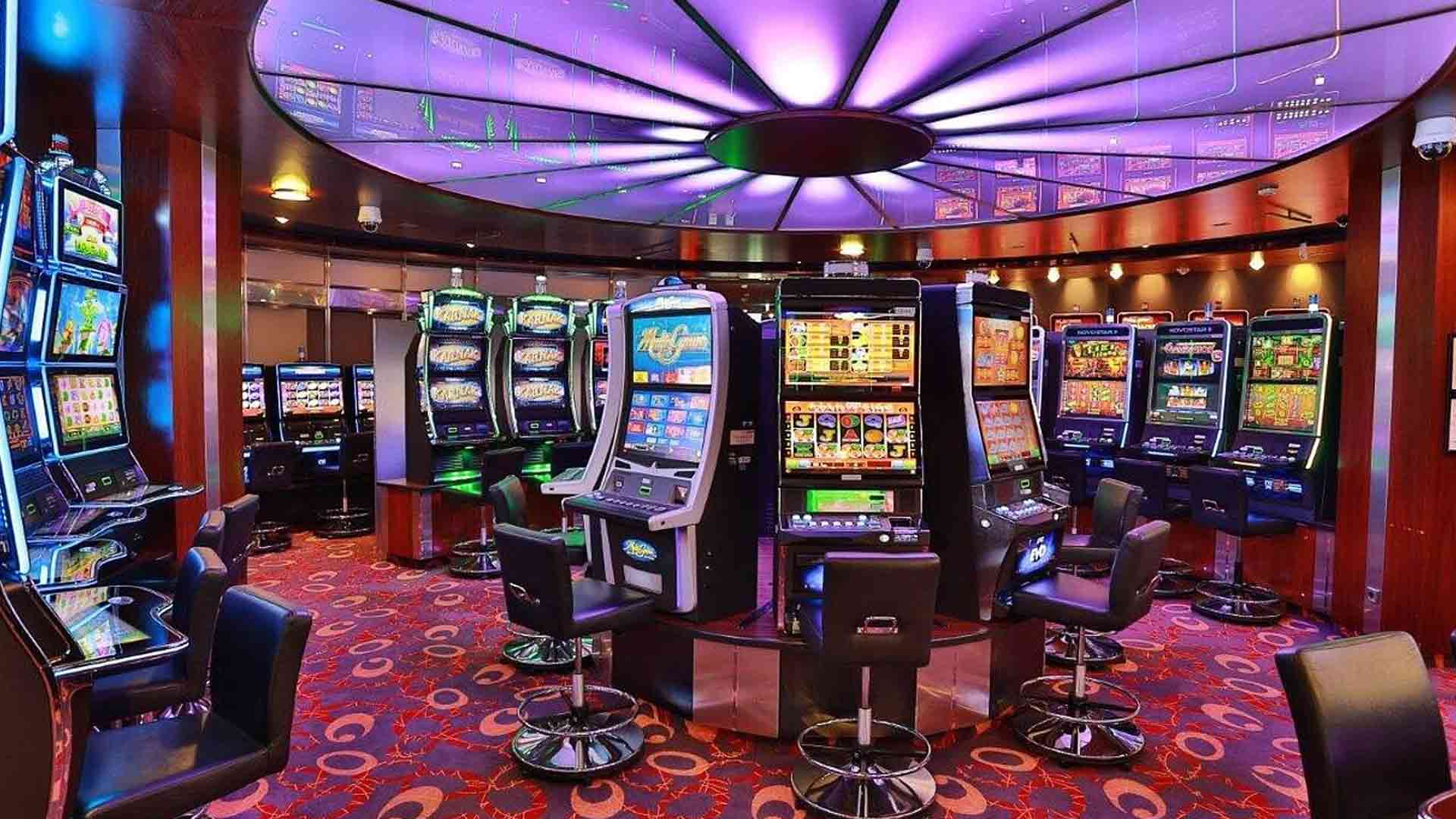Casinos and the Social Dynamics of Risk

Casinos and the Social Dynamics of Risk
Casinos stand as unique social ecosystems, meticulously designed spaces where the fundamental human relationship with risk is played out on a grand, often dazzling, scale. Far from being mere venues for financial transactions, they are complex environments that deeply influence the social dynamics of individuals and groups, shaping perceptions, encouraging certain behaviors, and revealing the intricate psychology behind our appetite for uncertainty. Understanding the social dynamics of risk within a casino context requires delving into the allure of potential rewards, the pervasive influence of the crowd, and the subtle ways our decision-making is swayed by the surrounding environment.
At the heart of the casino experience lies the inherent thrill of risk. Humans are, by nature, risk-takers to varying degrees. From venturing into new territories to making significant life decisions, calculated risks are an integral part of progress and personal growth. Casinos capitalize on this innate inclination, offering structured environments where risk is distilled into a game, tangible and immediate. The flashing lights, the rhythmic sounds of slot machines, the hushed intensity around a poker table – all contribute to an atmosphere designed to amplify the excitement and reduce the perceived magnitude of financial loss. This sensory overload, combined with the social aspect of gambling alongside others, can significantly alter an individual’s risk perception, often leading to decisions they might not make in a more sober, isolated environment.
The social component of casino gambling is profoundly influential. When individuals gather to gamble, a collective energy emerges that can intensify the experience and subtly pressure participants. The presence of winners celebrating, the shared commiseration over losses, and the general buzz of anticipation can foster a sense of shared purpose or collective delusion. This phenomenon, often described as social proof or herd mentality, suggests that people are more likely to engage in behaviors if they see others doing the same. In a casino, seeing others place large bets, seemingly enjoying themselves regardless of outcome, can lower an individual’s inhibitions and normalize high-risk behavior. Peer influence, whether direct encouragement from friends or indirect observation of strangers, can make the act of gambling feel less like a solitary financial risk and more like a communal, entertainment-driven activity.
Moreover, casinos are masters at cultivating an illusion of control and skill, even in games of pure chance. While games like blackjack and poker genuinely involve elements of skill, many others, such as roulette or slot machines, are entirely random. Yet, the design of these games, the celebratory rituals, and even the superstitions shared among players, can create a false sense of agency. This cognitive bias, known as the "illusion of control," leads gamblers to believe their actions (like blowing on dice or hitting a button in a specific rhythm) can influence outcomes, thereby encouraging them to take on more risk than logic dictates. Social interactions reinforce these biases; shared "lucky" rituals or advice on "winning strategies" can spread through a group, creating a collective belief system that defies statistical reality but enhances the social experience.
However, the social dynamics of risk in casinos also extend to the more concerning aspects, particularly problem gambling and addiction. While for many, gambling remains a form of entertainment with managed risk, for a significant minority, the pursuit of winning can become compulsive. The social acceptance of gambling, the ease of access, and the continuous reinforcement found within casino environments can exacerbate this vulnerability. Responsible gaming initiatives, now common in most reputable establishments, aim to mitigate these risks by promoting awareness, offering self-exclusion programs, and providing resources for those struggling. These measures acknowledge the social responsibility of the industry to balance entertainment with public welfare, recognizing that the very social elements that make casinos appealing can also contribute to harm.
The evolution of gambling, particularly with the advent of online platforms, introduces new dimensions to these social dynamics. While traditional casinos offer a bustling communal space, online gambling, including platforms offering `m88 sport slot`, shifts the interaction. It can be a more isolated activity, reducing some forms of direct peer pressure but potentially increasing the ease of access and the speed of play. Nevertheless, online forums, chat features, and leaderboards still create a digital social dynamic, where players can share experiences, strategies, and even encourage each other, mimicking some aspects of physical casino interaction. This digital communal space also carries its own set of risks and social influences.
In conclusion, casinos are much more than mere establishments for betting; they are elaborate social laboratories where the intricate relationship between humans and risk unfolds. From the psychological allure of potential wins and the sensory design that amplifies excitement, to the powerful influence of group dynamics and the sometimes illusory sense of control, every element contributes to the unique social ecosystem of gambling. Understanding these social dynamics of risk is crucial not only for patrons seeking entertainment but also for policymakers, researchers, and the industry itself, as they navigate the complex interplay between economic opportunity, social interaction, and individual well-being.